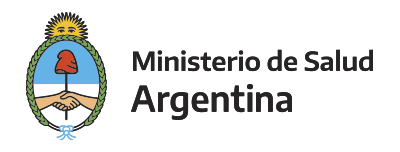Please use this identifier to cite or link to this item:
http://sgc.anlis.gob.ar/handle/123456789/1490| Título: | Identification of novel vaccine candidates for Chagas' disease by immunization with sequential fractions of a trypomastigote cDNA expression library | Autor(es): | Tekiel, Valeria Alba-Soto, Catalina D González Cappa, Stella M Postan, Miriam Sanchez, Daniel O. |
Data do documento: | 25-Fev-2009 | Jornal: | Vaccine | Resumo: | The protozoan Trypanosoma cruzi is the etiological agent of Chagas' disease, a major chronic infection in Latin America. Currently, there are neither effective drugs nor vaccines for the treatment or prevention of the disease. Several T. cruzi surface antigens are being tested as vaccines but none of them proved to be completely protective, probably because they represent only a limited repertoire of all the possible T. cruzi target molecules. Taking into account that the trypomastigote stage of the parasite must express genes that allow the parasite to disseminate into the tissues and invade cells, we reasoned that genes preferentially expressed in trypomastigotes represent potential targets for immunization. Here we screened an epimastigote-subtracted trypomastigote cDNA expression library by genetic immunization, in order to find new vaccine candidates for Chagas' disease. After two rounds of immunization and challenge with trypomastigotes, this approach led to the identification of a pool of 28 gene fragments that improved in vivo protection. Sequence analysis of these putative candidates revealed that 19 out of 28 (67.85%) of the genes were hypothetical proteins or unannotated T. cruzi open reading frames, which certainly would not have been identified by other methods of vaccine discovery. |
URI: | http://sgc.anlis.gob.ar/handle/123456789/1490 | ISSN: | 0264-410X | DOI: | 10.1016/j.vaccine.2008.12.056 |
| Aparece nas Coleções: | Publicaciones INP |
Mostrar registro completo do item
Os itens no repositório estão protegidos por copyright, com todos os direitos reservados, salvo quando é indicado o contrário.

